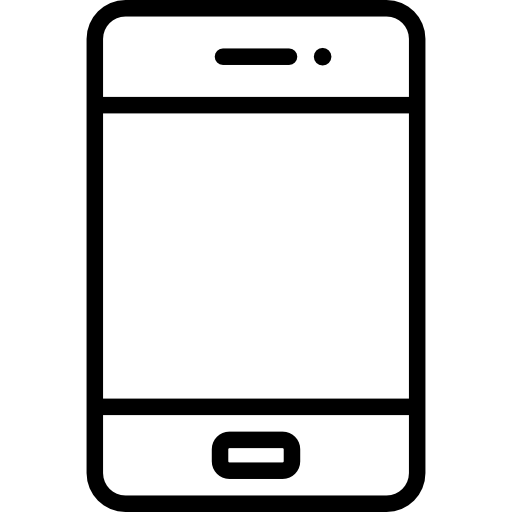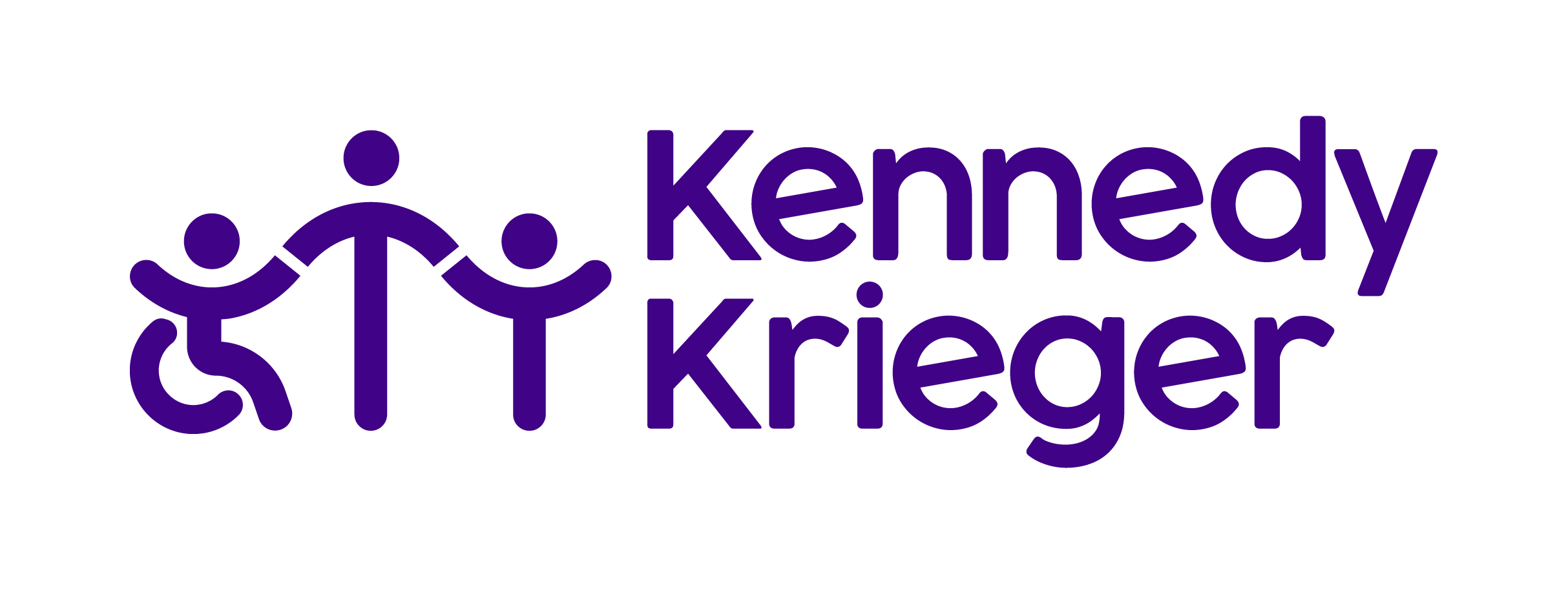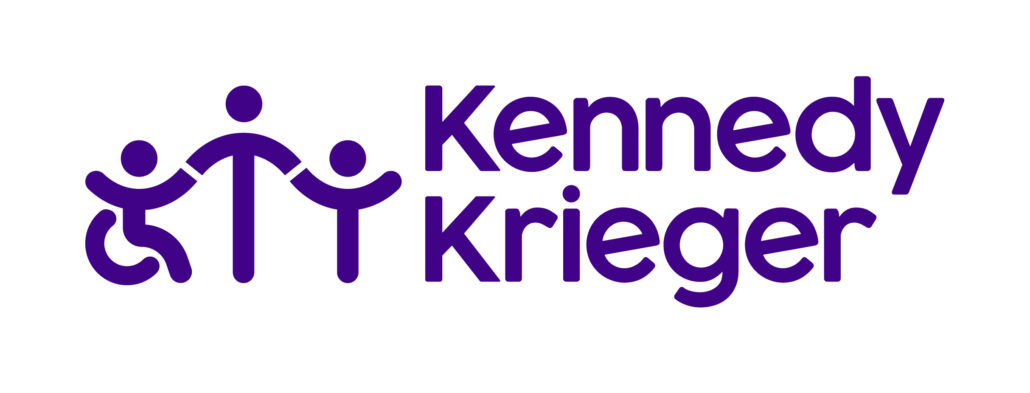Pediatric Development Research Study
Kennedy Krieger Institute is conducting a research study that investigates brain-based indicators of attention deficit/hyperactivity disorder (ADHD) using magnetic technology! We are enrolling children without ADHD to join our comparison group and help us understand important brain-based differences.

Fast Facts

No diagnosis of ADHD, autism, depression or bipolar disorder

Ages 8-12

Compensation Provided

Conducted in Baltimore, MD
Study Background
This research study aims to understand the differences in the neural patterns in children with and without attention deficit/hyperactivity disorder (ADHD).
Participation in this study requires two research appointments. During the research appointments, your child will complete cognitive assessments, surveys about their behavior and routines, computer-based activities assessing executive functions like memory, planning, and response control, and movement activities assessing motor control, balance, aiming, and catching. Additionally, your child will complete two sessions of transcranial magnetic stimulation (TMS) – a safe, magnet-based way to activate part of the motor system. These activities allow us to understand the relationship between movement-based development and cognitive development.
As part of the research study, we aim to understand how the brains of children work differently and discover new strategies for early identification and intervention.
IRB#: IRB00251063
Principal Investigator: Dr. Stewart Mostofsky, M.D.
Center for Neurodevelopmental and Imaging Research, Kennedy Krieger Institute

Study Background
This research study aims to understand the differences in the neural patterns in children with and without attention deficit/hyperactivity disorder (ADHD).

Participation in this study requires two research appointments. During the research appointments, your child will complete cognitive assessments, surveys about their behavior and routines, computer-based activities assessing executive functions like memory, planning, and response control, and movement activities assessing motor control, balance, aiming, and catching. Additionally, your child will complete two sessions of transcranial magnetic stimulation (TMS) – a safe, magnet-based way to activate part of the motor system. These activities allow us to understand the relationship between movement-based development and cognitive development.
As part of the research study, we aim to understand how the brains of children work differently and discover new strategies for early identification and intervention.
IRB#: IRB00251063
Principal Investigator: Dr. Stewart Mostofsky, M.D.
Center for Neurodevelopmental and Imaging Research, Kennedy Krieger Institute

Additional Information
The purpose of the study is to examine the differences in brain activity related to movement and planning in children with ADHD compared to those without.
Transcranial Magnetic Stimulation, also known as TMS, uses a hand-held magnet, similar to the magnet used for MRI scans, that allows us to briefly stimulate a specific area of the brain.
The magnet is held over the scalp of the participant and a brief, small magnetic pulse is generated. The magnetic pulse causes the brain cells in that area to activate and send an electrical signal through the brain and down to the finger. This magnetic pulse mimics the electrical signal that brain cells create when a person decides to move part of their body.
We place the magnet over the area of the brain that controls hand movement. When we generate the magnetic pulse, it causes a twitch in the participant’s finger. By studying the way children’s brains respond to this magnetic pulse, we can learn about the neural mechanisms that control body movement and effect motor development. By using TMS, we can compare the development of these neural mechanisms and brain areas in children with and without ADHD.
The Center for Neurodevelopmental and Imaging Research at Kennedy Krieger has been using TMS as research tool since 2001 and, to date, we have enrolled more than 100 children into research studies that use TMS. TMS is a painless, non-invasive procedure. Prior to your child’s first TMS session, they will have an opportunity to see the machine, meet our technicians, and see the magnetic pulse applied to one of our staff. This approach helps to alleviate worries around the procedure and feel comfortable during the sessions.
Your child may qualify for this study if they meet the following criteria.
Inclusion Criteria:
- Ages 8-12
- No previous diagnosis of ADHD, autism, depression or bipolar disorder
- Right-handed
- Do not have a neurological disorder, brain injury, brain tumor, or epilepsy
- Do not have an intellectual disability
If selected for this study, you and your child can expect the following:
-
Participation in this study requires either two or three full-day research appointments (typically 8:30am-3:00pm). During the research appointments, your child will complete achievement assessments, surveys about their behavior and routines, computer-based activities assessing cognitive functions like memory, planning, and response control, and movement activities assessing motor control, balance, aiming, and catching. These activities allow us to understand the relationships between movement-based development and cognitive development.
-
Additionally, your child will complete two sessions of transcranial magnetic stimulation (TMS).
-
-
Lastly, you and your child will complete surveys about their behavior and routines. Parents will also be asked to send surveys to their child’s teacher, if attending public or private school, that collect additional information about their child’s behavior and routines. Teacher surveys are collected September through June.
Compensation is up to $150. Participants will receive $50 per day.
There is no cost for you to participate in our research studies.
